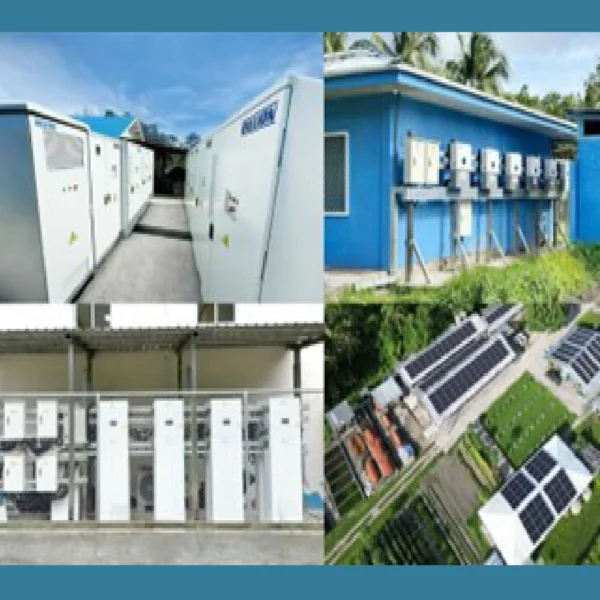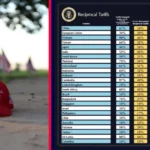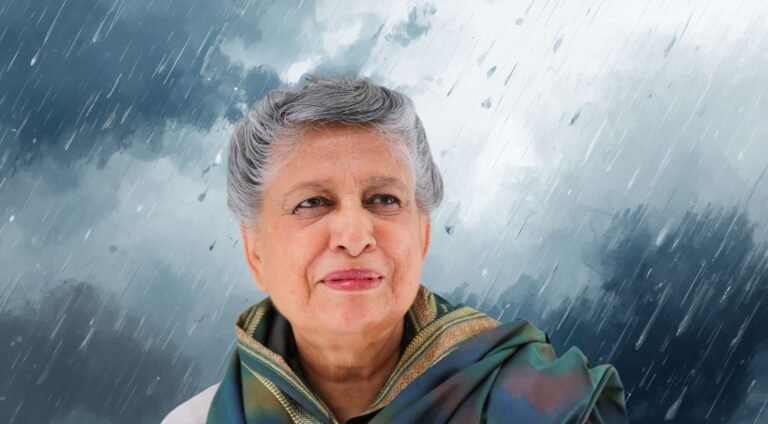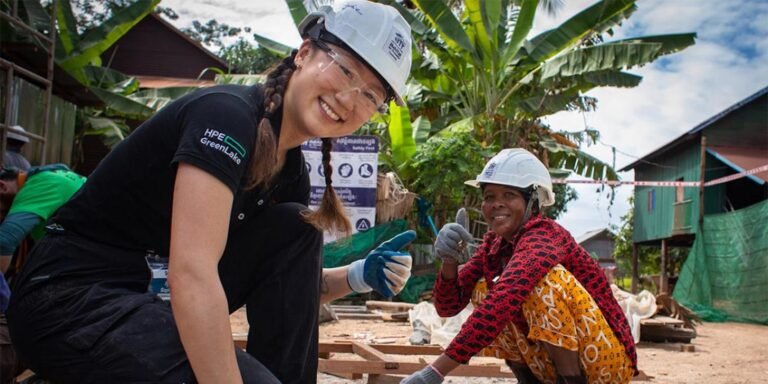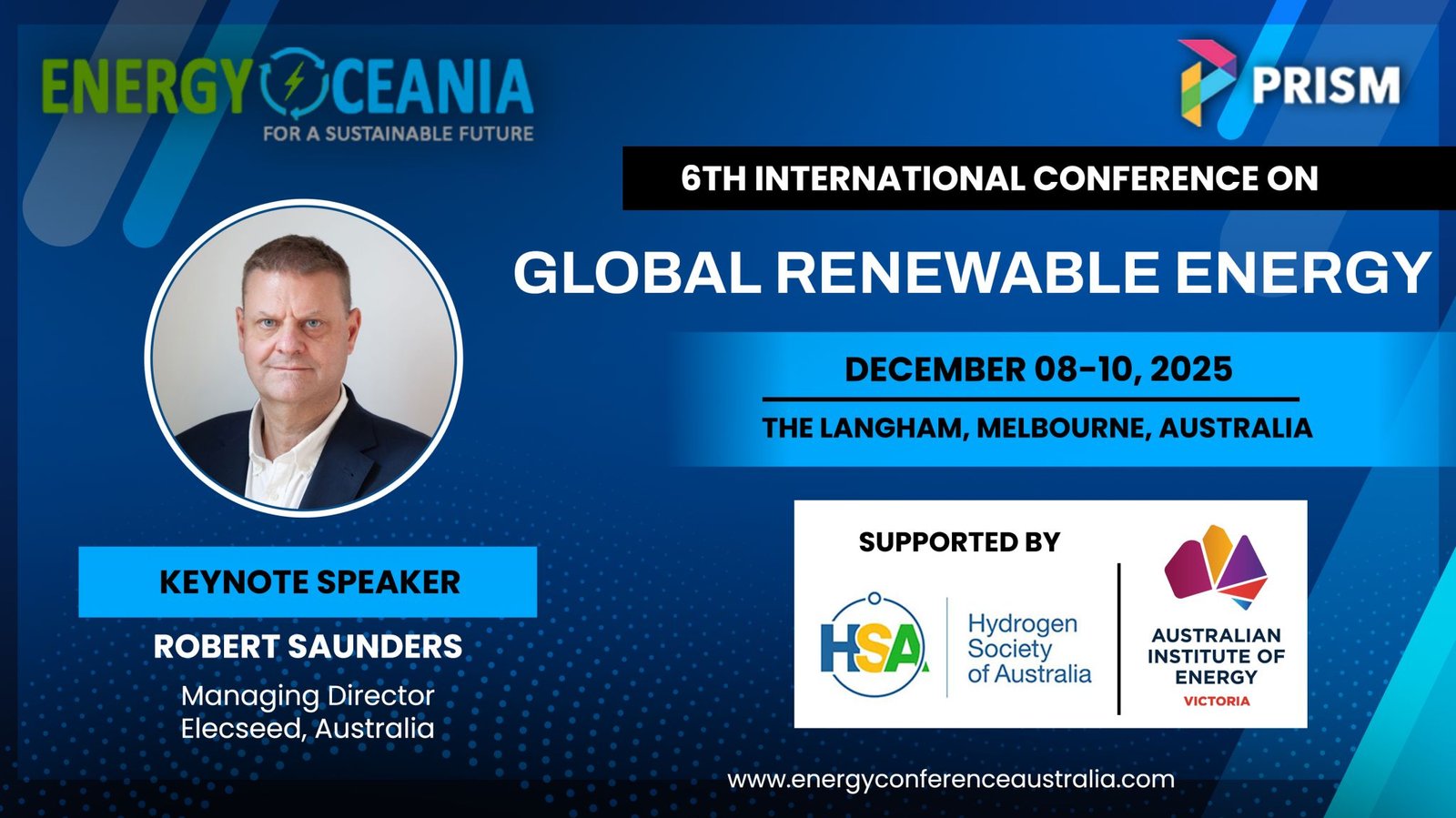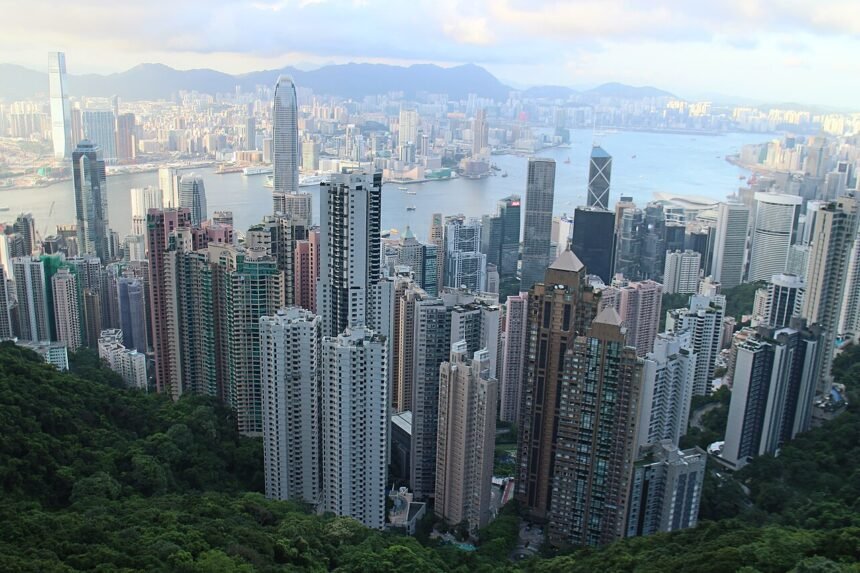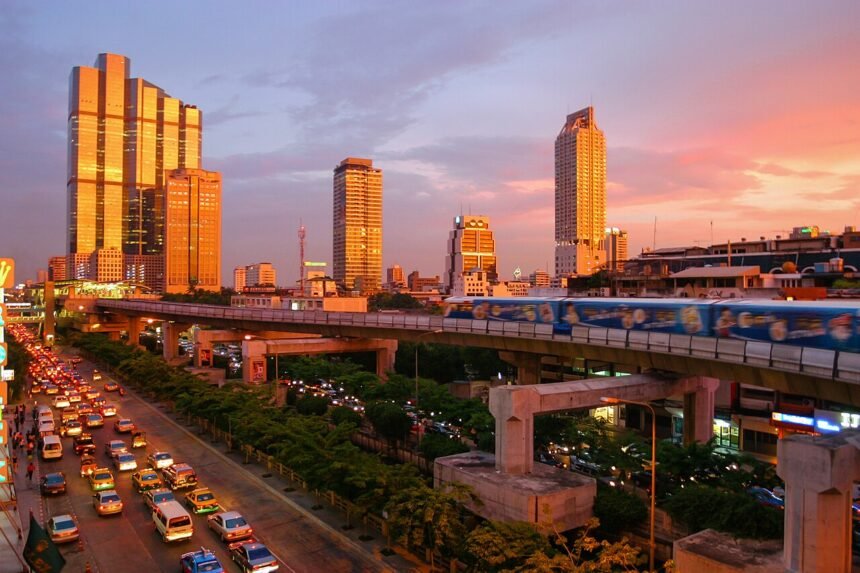Propelled by Billion’s Fusio series BESS, Giga series PV inverters, and an AI-driven Energy Management System (EMS).
The project utilises Made in Taiwan renewable energy technologies, installing advanced solar-plus-storage microgrid systems across Palau, Tuvalu, and the Marshall Islands. These installations aim to reduce dependence on imported fossil fuels and promote environmental sustainability in these Pacific island nations.
Palau, Tuvalu, and the Marshall Islands are Pacific Island nations facing unique energy challenges due to their small populations, geographic isolation, and vulnerability to climate change. Population Overview: Palau: Approximately 18,000 residents. Tuvalu: Around 12,000 residents. Marshall Islands: About 59,000 residents. In UN COP’s on Climate, theses remote Pacific Islands have asserted their voices on global Climate-Action agendas wanting to go Fossil-Fuel-Free, and also build adaptability for the rising sea levels.
Energy Challenges:
These Nations are Dependent on Imported Fossil Fuels for electricity generation, leading to high energy costs and economic vulnerabilities. Their Geographic Isolation in remote locations result in logistical challenges and increased transportation costs for fuel imports. Their limited infrastructure hampers the integration of renewable energy sources and the development of resilient energy systems. And with Climate Vulnerability with rising sea levels and extreme weather events threatening energy infrastructure, climate-resilient solutions are urgent to safeguard these developing nations.
Addressing these challenges requires international support, investment in renewable energy, and the development of climate-resilient infrastructure to ensure sustainable energy futures for these nations.
On January 14, 2025, the Biden administration submitted to Congress the specifics of the renewed Compacts of Free Association (COFA) with the Republic of the Marshall Islands and Palau. These agreements, totaling US$7.1 billion, aim to provide economic assistance over a 20-year period, supporting various sectors, including energy infrastructure, to reduce reliance on fossil fuels. The COFA agreements are pivotal in strengthening U.S. ties with these Pacific nations, offering financial aid and access to U.S. federal programs. In return, the United States maintains strategic military access in the region, crucial for national security interests.
Renewable Energy Initiatives:
- Tuvalu: The Asian Development Bank is preparing a floating photovoltaic project to enhance renewable energy capacity.
- Palau: The nation is developing early warning systems to mitigate climate-related risks, indirectly supporting energy infrastructure resilience.
- Marshall Islands: The U.S. has submitted a free association agreement to Congress, which includes support for energy needs, aiming to reduce reliance on fossil fuels.
U.S.President Trump 2.0 has not mentioned this in his first 50 days – but has stated to retract USAID and global alliances- in favour of direct transactional negotiations. A wait and see senario – while the remote Pacific Islands are trying to stay afloat. Literally.

